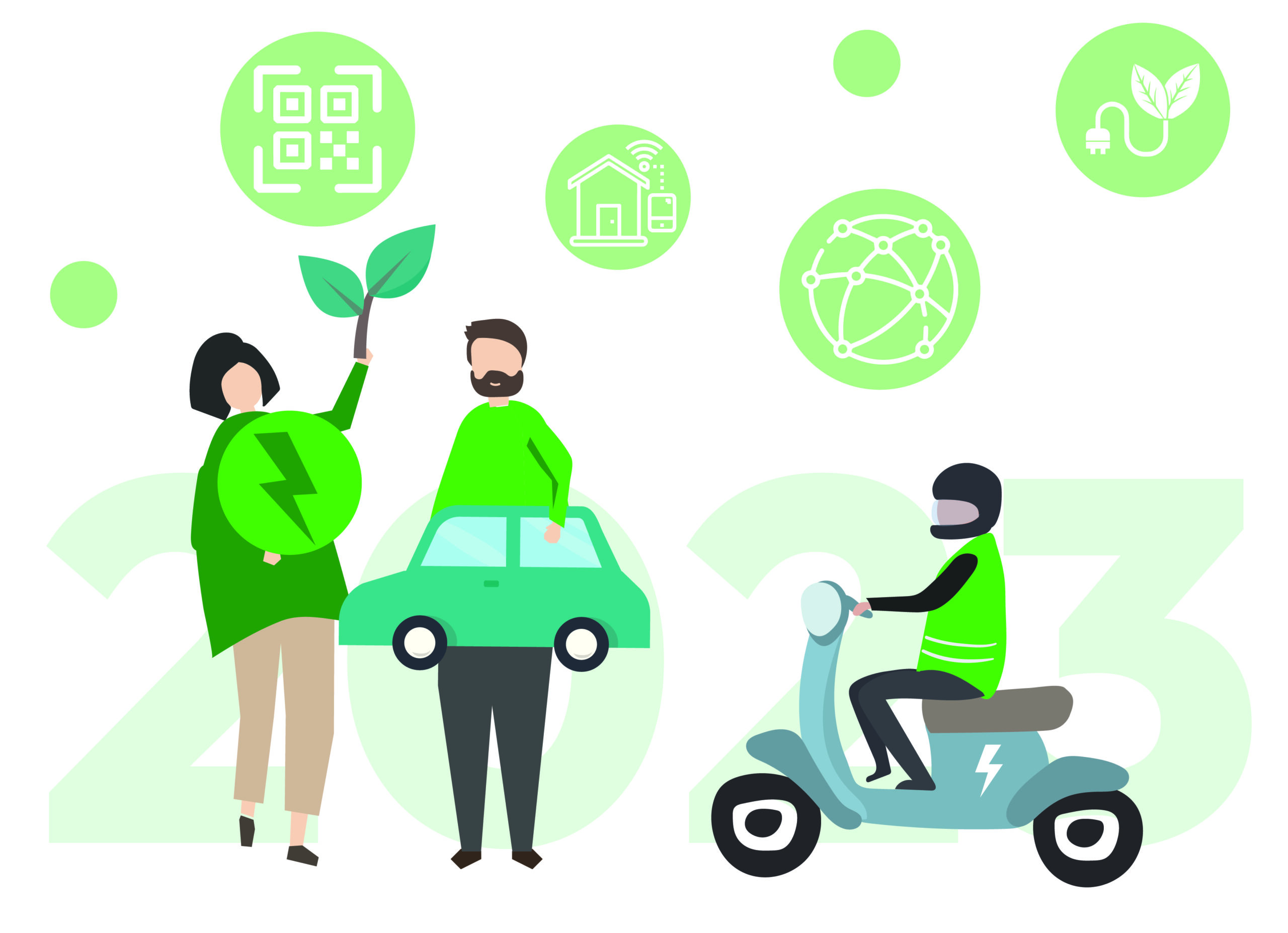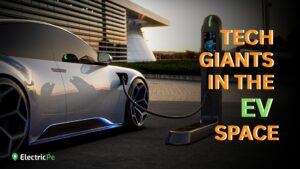As we move into 2023, the electric vehicle (EV) industry continues to evolve rapidly. The electric vehicle (EV) industry has undergone a remarkable evolution over the past decade, as it has grown from a niche market to a significant force in the automotive industry. Here are some of the critical milestones in the evolution of the EV industry:
- Early development: The early development of EVs dates back to the 19th century, but they were primarily supplanted by gasoline-powered cars in the early 20th century. In recent decades, however, the industry has experienced a resurgence driven by climate change and air pollution concerns.
- Introduction of modern EVs: The modern era began in the late 2000s with the introduction of the Tesla Roadster and the Nissan Leaf. These vehicles proved that EVs could be both practical and desirable and helped to spark interest in the technology.
- Expansion of EV offerings: Over the past decade, the number of EV models available on the market has exploded. Today, virtually every major automaker offers at least one EV model, and there are dozens of models to choose from.
- Improvements in battery technology: One of the key factors driving the growth of the EV industry has been improved battery technology. Battery costs have decreased significantly while energy density and range have increased, making EVs more practical for a broader range of drivers.
- Expansion of charging infrastructure: The availability of charging infrastructure has been another critical factor in the growth of the EV industry. Governments and private companies worldwide have invested in charging networks, making it easier for EV drivers to find a place to charge their vehicles.
- Policy support: Government policies have played a critical role in the growth of the EV industry. Incentives such as tax credits and rebates, as well as regulations mandating emissions reductions, have helped to make EVs more attractive to consumers and spurred investment in the technology.
- Increasing consumer acceptance: As more people have become familiar with EVs, consumer acceptance has increased. Drivers recognize EVs’ benefits, such as lower operating costs, reduced emissions, and a quieter ride.
But now, the electric vehicle (EV) industry is rapidly evolving, and several emerging trends are shaping its future. Here are some of the most important EV charging trends to watch for in 2023:
- Expansion of fast-charging networks: One of the biggest challenges facing the EV industry is the limited range of many EVs. To help address this, we see an expansion of fast-charging networks worldwide. Fast-charging stations can provide up to 80% of an EV’s battery charge in just 30 minutes, making it more convenient for drivers to take longer trips.
- Increased use of renewable energy: Another trend we’re seeing in EV charging is the increased use of renewable energy sources like solar and wind power. This is not only good for the environment, but it can also help to reduce the cost of EV charging, as renewable energy sources can be cheaper than traditional grid electricity.
- Introduction of wireless charging: Wireless charging technology is becoming more advanced, and we are starting to see the introduction of wireless EV charging systems. These systems use induction technology to transfer power wirelessly from a charging pad to an EV’s battery, eliminating the need for cables and connectors.
- Integration with smart homes and buildings: As the Internet of Things (IoT) continues to expand, we are seeing more integration of EV charging with intelligent home and building systems. This can include features like scheduling charging during off-peak hours, remote monitoring and control, and integration with home energy management systems.
- Growing adoption of mobile charging solutions: Mobile charging solutions, like battery-powered mobile charging units and charging trailers, are becoming more popular in providing EV charging in areas where traditional charging stations are unavailable. These solutions can be especially useful in rural areas or emergencies.
In conclusion, the EV charging industry is evolving rapidly, and we expect to see several key trends emerge in 2023. These include expanding fast-charging networks, increased use of renewable energy, the introduction of wireless charging, integration with smart homes and buildings, and the growing adoption of mobile charging solutions. As these trends continue to evolve, we can expect the EV industry to become even more convenient and accessible for drivers, accelerating the transition to a more sustainable transportation system.





